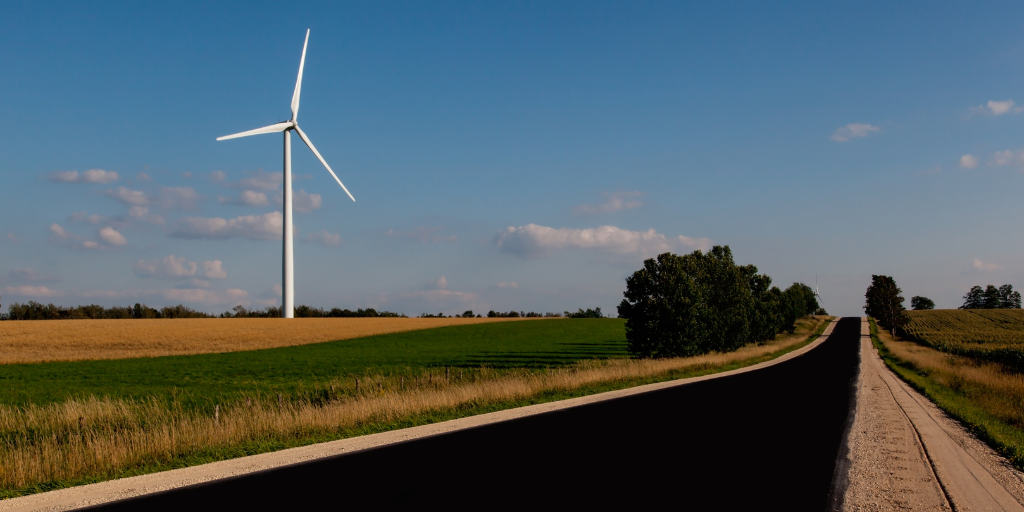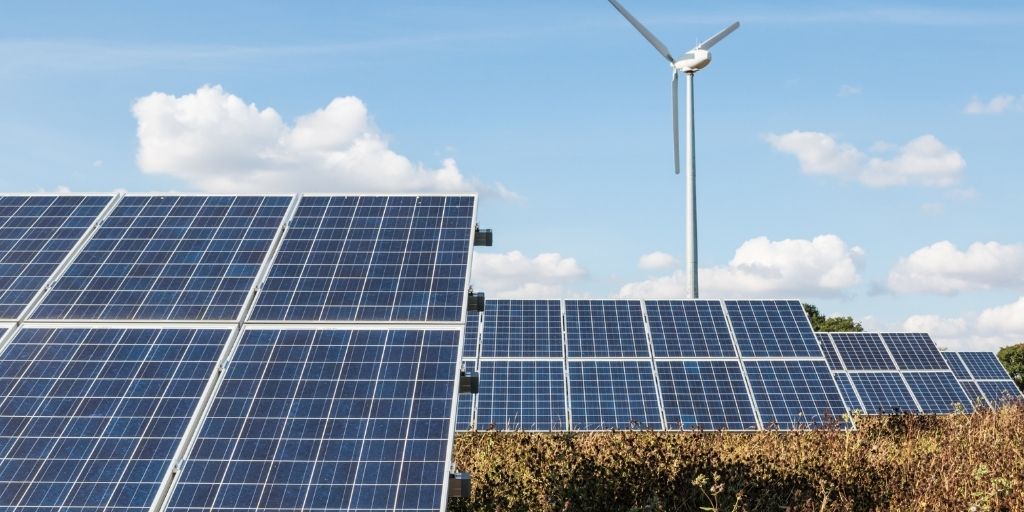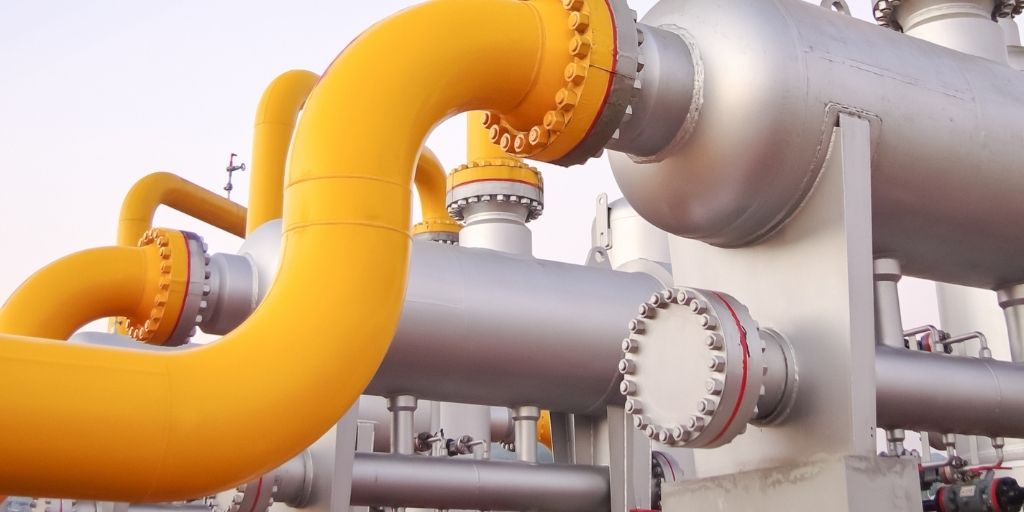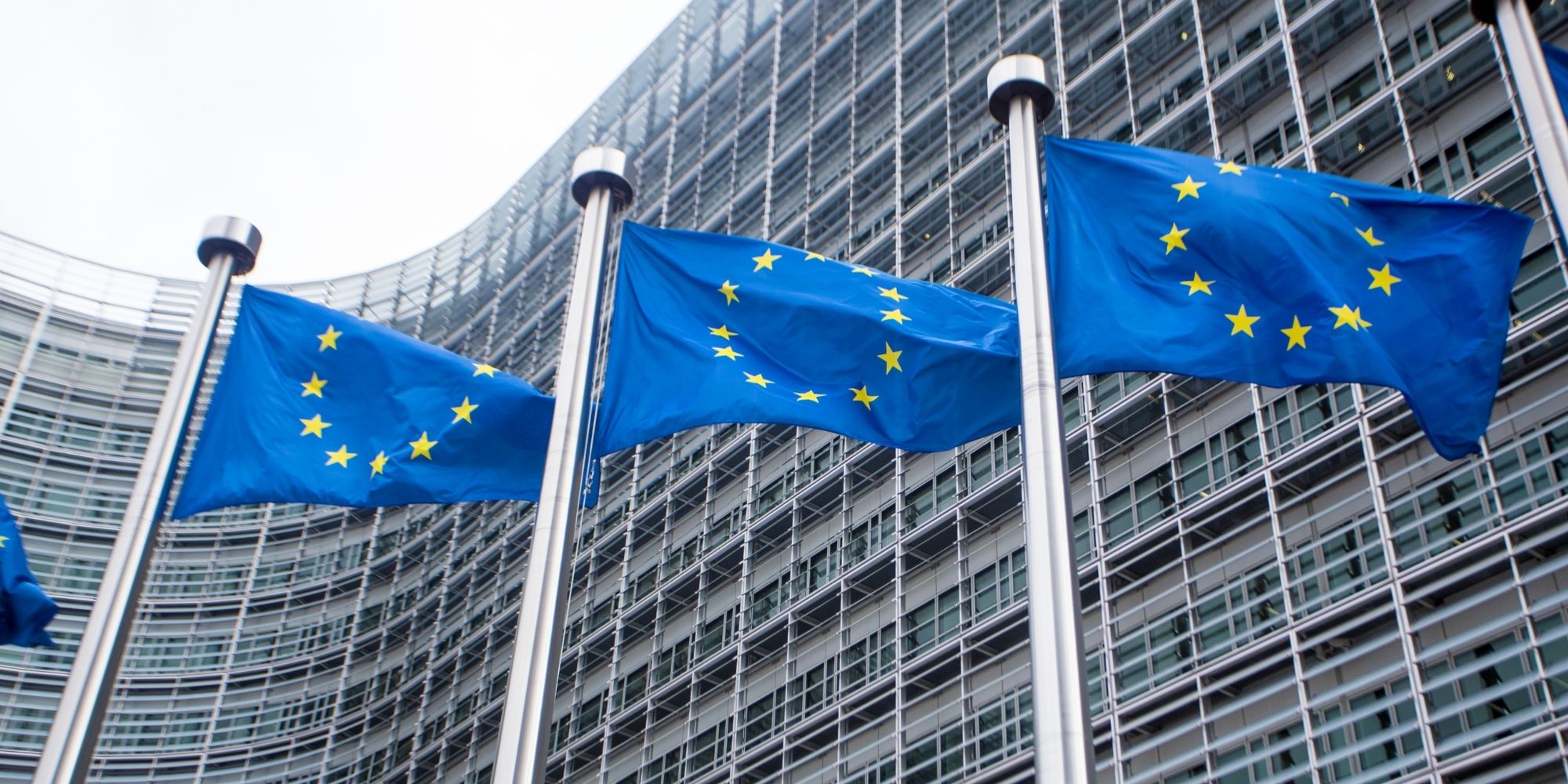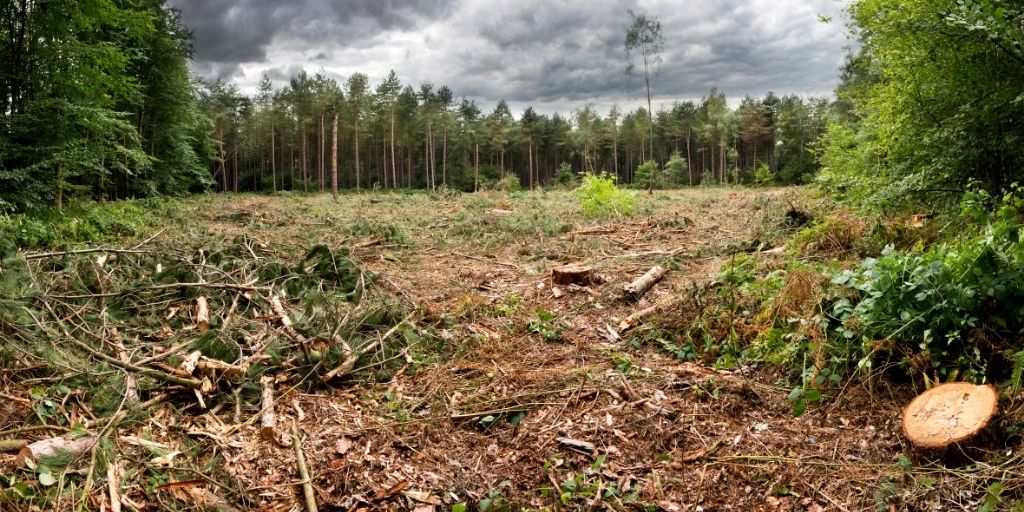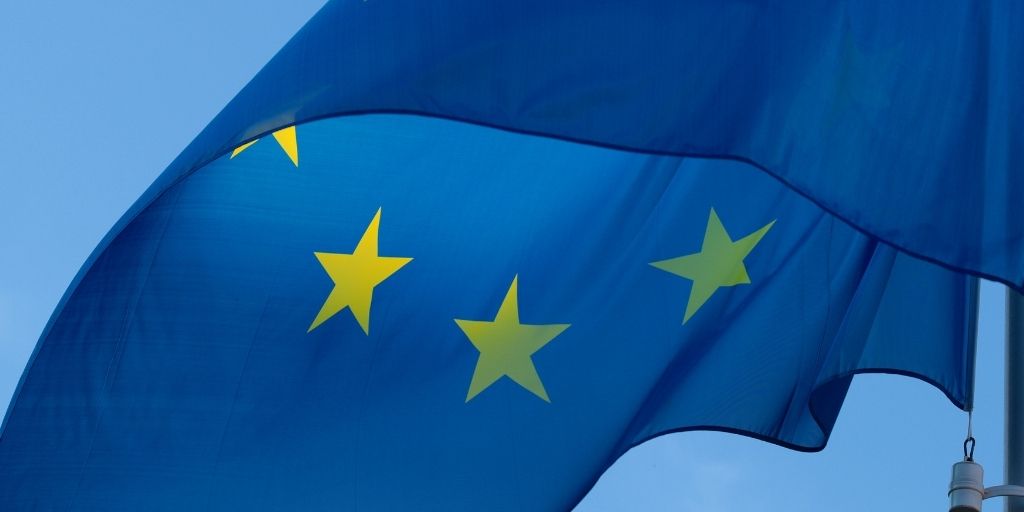On the (long) road to recovery: Poland’s plan greenlit
Blog entry | 14 June, 2022Poland’s recovery plan has finally been endorsed by the Commission after over a year of negotiations. Despite multiple declarations from government officials that talks would finish quickly, the plan worth EUR 35 billion was put on hold for an extended period of time because of the Commission’s concerns about the rule of law in the country. Is Poland’s recovery plan a wasted opportunity? Not necessarily, but it is not a fully-used one, either.
Read moreHow to win energy sovereignty and avoid a gas trap in Poland
Blog entry | 11 April, 2022Poland’s energy policy has to change urgently in the face of the war in Ukraine. EU funds must finance Poland’s transformation for energy security and sustainability. There is no return to the business as usual when it comes to energy policy.
Read moreBulgarian recovery plan improves after six-month impasse
Blog entry | 5 November, 2021After a six-month delay and three revisions, the EUR 6.6 billion Bulgarian national recovery and resilience plan has finally been submitted to the European Commission. Although this delay postpones its implementation, the plan is markedly improved particularly in terms of biodiversity protection, following dialogue between environmental groups and the authorities. The process shows the key role public participation can play in delivering a green recovery.
Read moreThe European Parliament at risk of losing sight of climate crisis by getting ready to support new fossil gas projects
Press release | 10 September, 202110th September 2021, Brussels – A majority in the European Parliament, including the Socialist and Democrats (S&D), look set to vote to lock in upwards of 213 million tonnes of carbon from fossil gas, as part of the revision of the EU’s key energy infrastructure law, the TEN-E Regulation.
Read moreFossil gas investments undermine green recovery in Romania
Blog entry | 9 August, 2021Despite strong criticism from the European Commission, the Romanian authorities are determined to use the EU recovery fund for massive investments in fossil gas and hydrogen.
Read moreMore stakeholder participation needed in preparation of new cohesion programmes
Blog entry | 29 July, 2021A joint Bankwatch-CAN Europe analysis in 11 countries shows little involvement of local stakeholders in the programming process of EU structural and investment funds. This contradicts EU rules on partnership and multi-level governance and won’t help reach the Green Deal’s objectives.
Read moreNo renovation wave in sight across EU recovery plans in central and eastern Europe
Blog entry | 26 July, 2021In the national recovery and resilience plans, energy efficiency and building renovations can play a key role for Member States to achieve the required target of 37 per cent of expenditures related to climate. The potential to modernise buildings is the greatest in central and eastern Europe, where the building stock is particularly inefficient. But an assessment of eight national plans across the region finds uneven progress towards these aims. Christophe Jost of Bankwatch concludes that this is likely to hamper efforts to decarbonise the region’s building stock in line with the Renovation Wave´s ambitious objectives.
Read moreEstonia barely scratches the surface on green recovery
Blog entry | 30 June, 2021Estonia’s recovery and resilience plan was one of the last to be submitted to the European Commission. Yet despite the extra time it took authorities to develop, the plan is based on an incomplete vision of a green recovery which completely ignores the issues of biodiversity and nature protection.
Read moreCommission must apply spending rules to EU recovery funds before greenlighting national plans
Press release | 17 June, 2021The European Commission has released its first assessments of how Member States plan to spend from EUR 672 billion Recovery and Resilience Facility, and Bankwatch urges the Commission to ensure that commitments for spending on climate and biodiversity protection are met before the plans are approved.
Read moreHungary’s recovery plan – not green, just, or resilient
Blog entry | 2 June, 2021Although the Hungarian recovery and resilience plan has undergone major changes since its first draft, it is still far from ensuring a green and just recovery. Despite MTVSZ / Friends of the Earth Hungary’s proposals, the final version leaves households alone in their efforts to improve energy efficiency and fails to propose easily-achievable biodiversity measures. If small modifications are made during the EU-level approval process, the plan could be improved considerably.
Read more